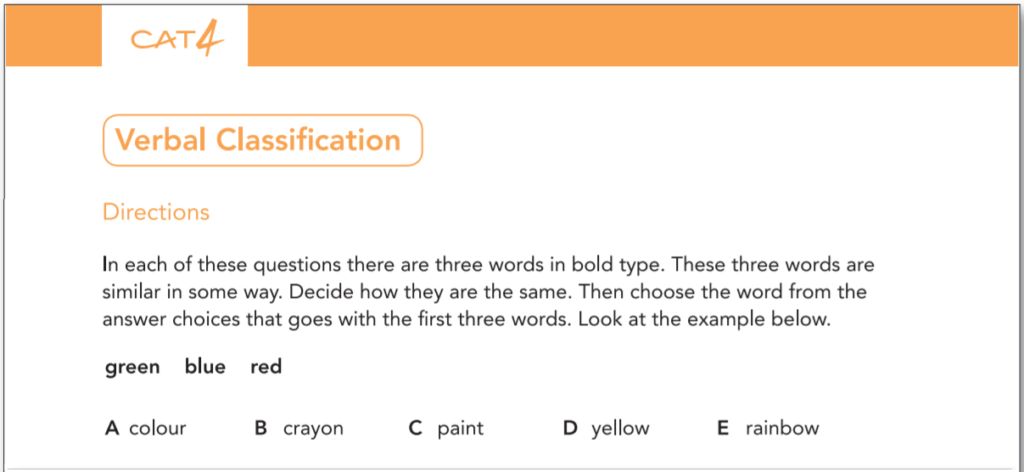Maze Game
Boost CAT4 test performance with the interactive maze game below. Strengthen spatial reasoning, logic, memory, and problem-solving skills while having fun.
The interactive maze below strengthens the same problem-solving and spatial reasoning skills used in cognitive tests such as the CAT4 and 11+ reasoning tests.
Use the following link to launch the maze game and improve your spatial awareness:Launch Maze Game or alternatively try the Math ‘N Maze game which combines non-verbal and numerical reasoning skills.
🧠 1. Spatial Reasoning (CAT4 Spatial Ability)
Cognitive abilities tests like CAT4 include spatial reasoning sections where students must visualize, rotate, and manipulate shapes.
✅ How the maze helps:
- Navigating a maze requires mental visualization — imagining the layout, turns, and possible routes.
- The student constantly anticipates spatial movement (“if I move up, I’ll hit a wall; if right, I’ll reach the corner”), reinforcing spatial planning and spatial awareness.
- This directly trains mental rotation and pattern recognition — key CAT4 spatial subtests (Figures, Folding, and Rotation).
🔍 2. Problem Solving & Logical Thinking
Cognitive ability tests measure how efficiently a student can reason through unfamiliar problems.
✅ How the maze helps:
- Every path choice is a mini logical puzzle.
- The player learns to reason step-by-step, predicting cause and effect.
- It builds persistence, systematic thinking, and the ability to eliminate wrong choices — the same process needed for verbal and non-verbal reasoning questions.
⚙️ 3. Working Memory & Attention
In CAT4 and other reasoning tests, students must remember information while solving a question — that’s working memory.
✅ How the maze helps:
- The player must hold the maze structure in mind — “I came from there, that route was blocked.”
- This engages short-term memory, attention control, and sequential processing — all vital for reasoning under time pressure.
⏱ 4. Processing Speed & Decision-Making
Cognitive tests are timed. Students who process patterns faster tend to perform better.
✅ How the maze helps:
- Repeated play trains rapid decision-making under mild pressure.
- Over time, students learn to balance accuracy with speed — a transferable skill to test-taking.
🎯 5. Emotional Regulation & Perseverance
Cognitive tests also reward mental stamina and composure under challenge.
✅ How the maze helps:
- Mazes provide immediate feedback (wrong turns, dead ends).
- This encourages resilience, strategic retrying, and the ability to stay calm while problem-solving — all key traits for top performers.
💡 Summary Table
| Skill Trained | Maze Game Activity | Related CAT4 Area |
|---|---|---|
| Spatial visualization | Navigating turns, imagining paths | Spatial Ability |
| Logical reasoning | Planning next steps logically | Non-verbal Reasoning |
| Working memory | Remembering previous paths | Quantitative & Verbal Reasoning |
| Processing speed | Quick decision-making | All timed subtests |
| Resilience & focus | Overcoming dead ends | Test-taking stamina |




